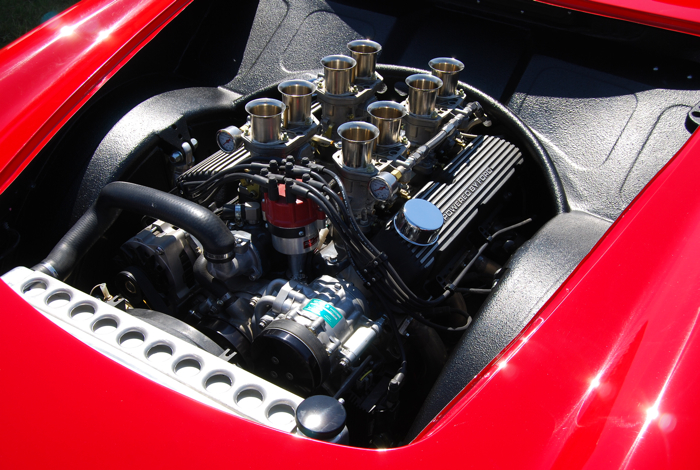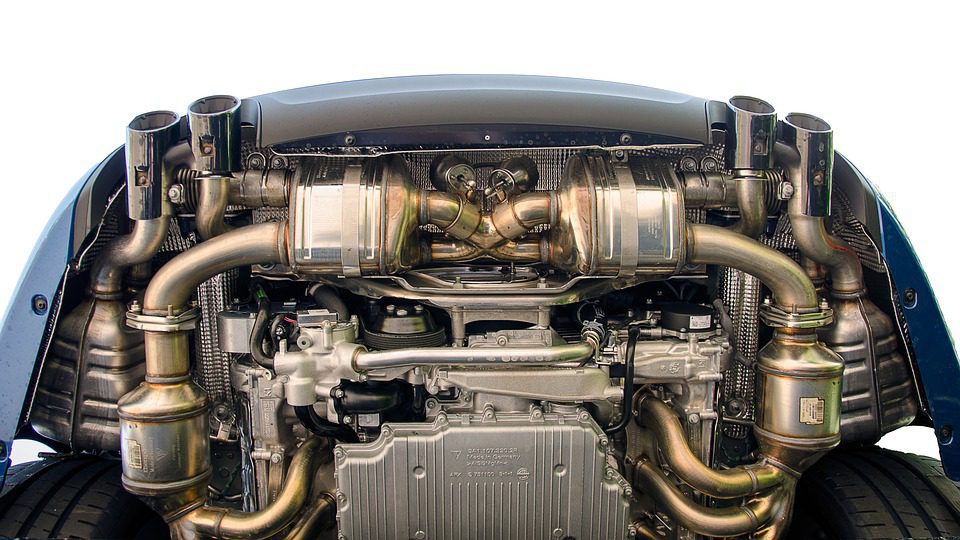Import Engines: Leading Providers and What to Seek
A Detailed Comparison of Various Kinds Of Import Engines and Their Applications in Different Automobiles
From the efficiency of turbocharged engines to the ecological kindness of electrical powertrains, the spectrum of import engines offered in today's market provides to a wide variety of driving needs and preferences. Whether it's the torque of a diesel engine or the non-traditional layout of a rotating engine, comprehending the subtleties of each kind and exactly how they line up with certain lorry requirements can significantly influence efficiency, fuel economic climate, and overall driving experience.
Turbocharged Engines
Turbocharged engines, known for their ability to boost power outcome effectively, have actually ended up being progressively prevalent in modern lorry designs. By making use of exhaust gases to drive a turbine that presses incoming air into the engine, turbochargers properly boost the quantity of air and fuel blend that can be combusted, causing improved efficiency without substantially enhancing engine dimension. This modern technology permits manufacturers to scale down engines, causing far better gas effectiveness while maintaining power levels comparable to larger, normally aspirated engines.

Crossbreed Engines
With the developments in engine innovation helping with improved efficiency and efficiency, the vehicle industry has seen a rise in the combination of crossbreed engines as a sustainable solution for power shipment. Hybrid engines integrate the advantages of both inner burning engines and electrical motors to offer enhanced fuel effectiveness and lowered emissions. By effortlessly changing in between the two power sources or utilizing them simultaneously, hybrid engines provide flexibility in different driving problems.

In addition, hybrid modern technology is not restricted to a particular automobile kind, with applications varying from small cars to larger SUVs and even high-performance cars. As ecological concerns and fuel performance guidelines end up being progressively prominent, hybrid engines represent a significant action in the direction of lasting transport services.
Electric Engines
Electric engines have actually revolutionized the vehicle market with their environmentally-friendly and reliable power shipment systems. import engines. These engines operate by transforming electric power right into power, supplying a silent and smooth driving experience. Unlike standard burning engines, electrical engines create no tailpipe discharges, reducing the general carbon footprint of automobiles and helping battle air pollution
One of the crucial advantages of electrical engines is their high energy effectiveness, commonly transforming over 80% of the electrical energy into propulsion. This efficiency translates into expense savings for customers through reduced fuel expenses. In addition, electric engines require much less upkeep contrasted to internal burning engines, as they have fewer relocating components that can wear over time.
Electric engines are commonly made use of in electrical cars (EVs) and hybrid electric automobiles (HEVs) EVs depend only on electric engines for propulsion, drawing power from rechargeable batteries. On the other hand, HEVs incorporate electric engines with standard interior burning engines to enhance gas performance Read Full Report and reduce emissions. The adaptability and sustainability of electric engines make them an appealing remedy for the future of transport.
Diesel Motor
Diesel engines are renowned for their exceptional fuel performance and robust performance in a variety of automotive applications. These engines operate by pressing air in the cyndrical tubes, which brings about heats that spark the injected diesel fuel without the demand for ignition system. This burning technique supplies diesel engines with higher torque outputs compared to fuel engines, making them excellent for sturdy automobiles like trucks, buses, and building devices.
One why not find out more of the key advantages of diesel engines is their superior gas effectiveness, as they can take a trip further on a gallon of fuel compared to gas engines. This performance is particularly useful for long-haul transport and industrial fleets, where minimizing gas costs is a considerable element. Furthermore, diesel engines are known for their durability and longevity, calling for much less upkeep over their life-span compared to fuel engines.
Recently, innovations in diesel engine modern technology have actually additionally concentrated on minimizing exhausts to satisfy rigid environmental regulations. Modern diesel engines are furnished with innovative discharges manage systems, such as diesel particulate filters and careful catalytic reduction, which assist reduce pollutants launched into the atmosphere - import engines. These advancements have made diesel motors cleaner and a lot more eco-friendly while preserving their efficiency and efficiency qualities
Rotary Engines
Renowned for their unique style and performance attributes, rotary engines use an unique choice to conventional burning engine innovations like diesel motor. These engines, likewise called Wankel engines, operate on a different principle compared to standard piston engines. Rather than utilizing pistons relocating up and down in cylinders, rotating engines use a triangular rotor that rotates in an epitrochoidal path within a chamber. This design causes a compact engine with high power output about its size and weight.

Conclusion
To conclude, the comparison of different kinds of import engines highlights the variety of choices offered for numerous cars. Turbocharged engines provide raised power and efficiency, Get More Info crossbreed engines integrate standard and electric source of power for improved fuel economy, electric engines supply a tidy and sustainable choice, diesel engines are known for their longevity and torque, and rotating engines offer an one-of-a-kind style with capacity for high efficiency. Each engine type has its very own strengths and applications in the auto sector.
Furthermore, hybrid engines contribute to a quieter driving experience and usually give a smoother velocity compared to standard internal burning engines.
Distinguished for their special layout and performance characteristics, rotary engines offer a distinctive choice to typical burning engine innovations like diesel engines. These engines, likewise recognized as Wankel engines, operate on a various concept compared to conventional piston engines. Regardless of these restrictions, rotating engines proceed to attract makers and enthusiasts looking for a different engine modern technology with unique benefits.
Turbocharged engines provide increased power and efficiency, hybrid engines combine typical and electrical power sources for boosted gas economy, electrical engines give a clean and sustainable alternative, diesel engines are understood for their durability and torque, and rotary engines offer an unique style with possibility for high performance.